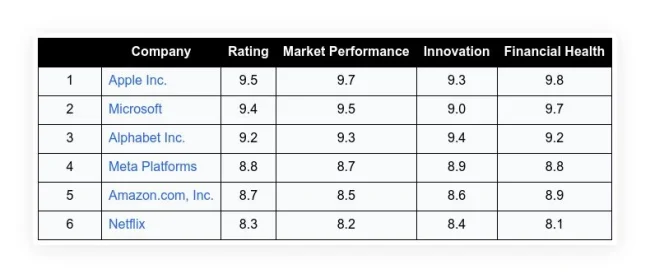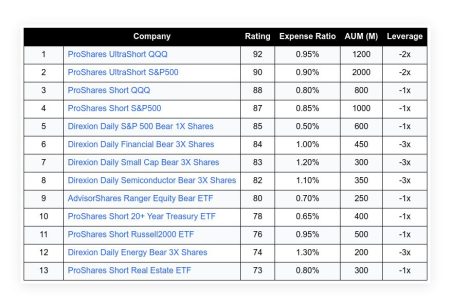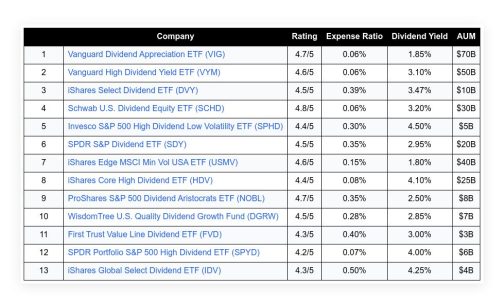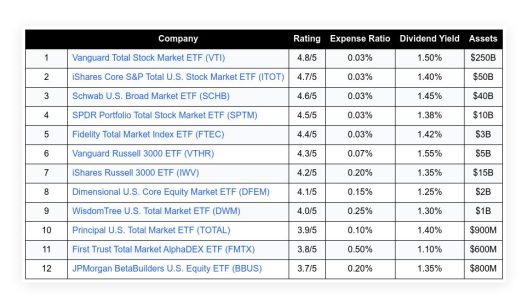The stock market has been tumbling lately, but that doesn’t mean your portfolio has to suffer. I’ve been watching Steve Chen’s approach to generating income during market downturns, and his “PAID strategy” offers a refreshing perspective on how to survive and potentially thrive when stocks are falling.
What impresses me most about Chen’s method is how it transforms market volatility from a threat into an opportunity. While most investors panic-sell during crashes, savvy investors find ways to generate income regardless of market conditions.
Table of Contents
ToggleThe Four Pillars of the PAID Strategy
Chen’s strategy consists of several components that work together to create a steady income stream even as markets decline. The first element involves selling covered calls against existing shares. This options strategy generates premium income while reducing the underlying stocks’ cost basis.
The covered call approach is efficient for investors already owning substantial positions in quality companies. Chen demonstrated how much he personally earns from these premiums, and the numbers are impressive: he generates thousands of dollars monthly from his portfolio.
“Because I have a lot of shares in my portfolio, I get to sell cover calls against my shares to generate income, which also reduces the cost basis of my shares.” Steve Chen
The second pillar of Chen’s strategy involves consistent dollar-cost averaging into quality ETFs. Rather than fearing lower prices, he’s strategically buying more shares of funds like SPLG, QQQM, and SCHD. This approach aligns with a long-term investment philosophy that sees market dips as buying opportunities rather than reasons to panic.
View this post on Instagram
Patience Pays Dividends—Literally
The market rewards those who can stay calm while others panic. The third component of Chen’s strategy emphasizes patience—collecting dividends and letting them compound over time. This passive income stream continues regardless of market conditions, providing stability when capital appreciation stalls.
What’s particularly smart about Chen’s approach is how he handles the cash flow from these various income sources:
- Covered call premiums
- Regular dividend payments
- New contributions to the portfolio
Instead of immediately reinvesting in potentially falling stocks, Chen parks this capital in money market funds like SPAXX, which offer competitive interest rates in today’s environment while maintaining liquidity for future opportunities.
Why This Approach Makes Sense Now
Market crashes create psychological challenges for most investors. Fear takes over, rational thinking diminishes, and poor decisions often follow. The beauty of Chen’s PAID strategy is that it provides a systematic framework to help investors remain disciplined when emotions run high.
This approach is particularly valuable because it focuses on what we can control. We can’t control market movements, but we can control:
- Our income-generating activities (covered calls)
- Our buying behavior (dollar-cost averaging)
- Our patience (holding for dividends)
- Our cash management (using money markets strategically)
Investors can maintain confidence even as their portfolio values temporarily decline by concentrating on these controllable factors.
My Takeaway
While no investment strategy is perfect, Chen’s PAID approach offers a practical framework for navigating market downturns. What resonates with me is how it transforms the investor mindset from fear to opportunity-seeking. Instead of dreading market crashes, this strategy helps you see them as income-generating events.
Combining options income, strategic buying, dividend collection, and smart cash management creates multiple income streams that can cushion the blow of market declines while positioning investors for the eventual recovery.
Market crashes are inevitable parts of the investing journey. Rather than hoping they won’t happen, we’re better served by developing strategies that can weather—and even capitalize on—these difficult periods. The PAID strategy offers a roadmap focusing on income generation rather than price speculation.
Chen wisely advises, “Be patient and calm” during market turbulence. This mindset, combined with a systematic approach to income generation, might be precisely what investors need to navigate today’s challenging market environment.
















